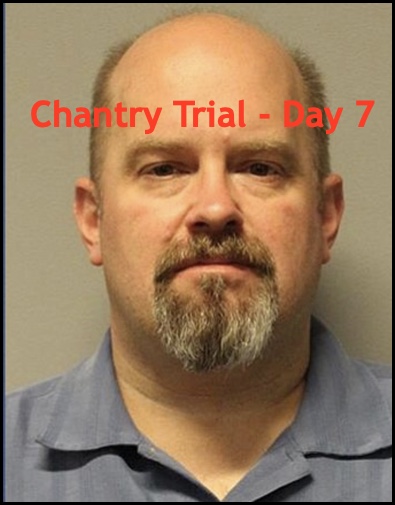
Leading off the trial this morning was Chris Schopen, an expert witness who is a Dedicated Forensic Interviewer. You may recall that Schopen also testified at the first Chantry trial. Schopen has been specially trained in how to interview victims of abuse. Most of those she interviews are children.
Schopen’s purpose in the courtroom was to provide the jurors with a brief informational overview of how abuse victims share their stories and why the vast majority of victims delay disclosing the abuse.
Specifically, Schopen told the court about “delayed disclosure.” Simply, this is a term for when a victim of abuse does not report the incident immediately. This is very common and occurs for numerous reasons, among which are:
- The victim questions himself.
- The victim feels responsible for the abuse.
- What the child perceives may happen if they tell someone about the abuse.
- Fear of reprisal for getting someone in trouble or getting themselves in trouble.
- Adolescents who experienced physical arousal are hesitant to disclose.
Schopen also spoke about “piece-meal disclosure.” This refers to where the victim of abuse reveals a little piece of information about the abuse, generally the least embarrassing, and watches for a reaction from the person they are sharing with. If the victim perceives he is being believed he will share more, if not believed he will shut down.
Schopen also spent some time talking about memory and how it works. She said we don’t remember things in an orderly fashion, our minds don’t recall events in the video-recorder type of fashion. Generally, we recall things better in relation to where they happened rather than when they happened. She used the example of the 9-11 terrorism event. (I think this was not the best example because the very title of the incident tells us the “when.” A better illustration may be the O.J. Simpson car chase!) So, if you were asked where you were when you witnessed the event you are much more likely to remember that and less likely to remember the date or time it happened. The “where” anchors an event for us in our memory and helps us recall more details.
I have not done justice to Ms. Schopen’s session, but I found it very informative. She is a very competent, well-spoken individual.
Following the testimony of Chris Schopen the jury was dismissed for about an hour while the Judge, the Prosecuting attorney and the Defense attorney discussed a procedural issue which ultimately resulted in the State not calling their final witness. (I may discuss further details of this at a later date.)
The jury was called back in and the State rested its case. The Defense elected to call no witnesses and therefore also rested their case. With that, the jury was dismissed for the weekend. After the jury had once again left the courtroom the parties discussed what they wanted included in the final instructions that will be read by the Judge to the jury prior to them beginning deliberations.
Court will resume Tuesday morning at 0900 with closing arguments, followed by final instructions and then deliberations will commence. I would guess a verdict will be returned by Wednesday, but that is mere speculation from a novice!